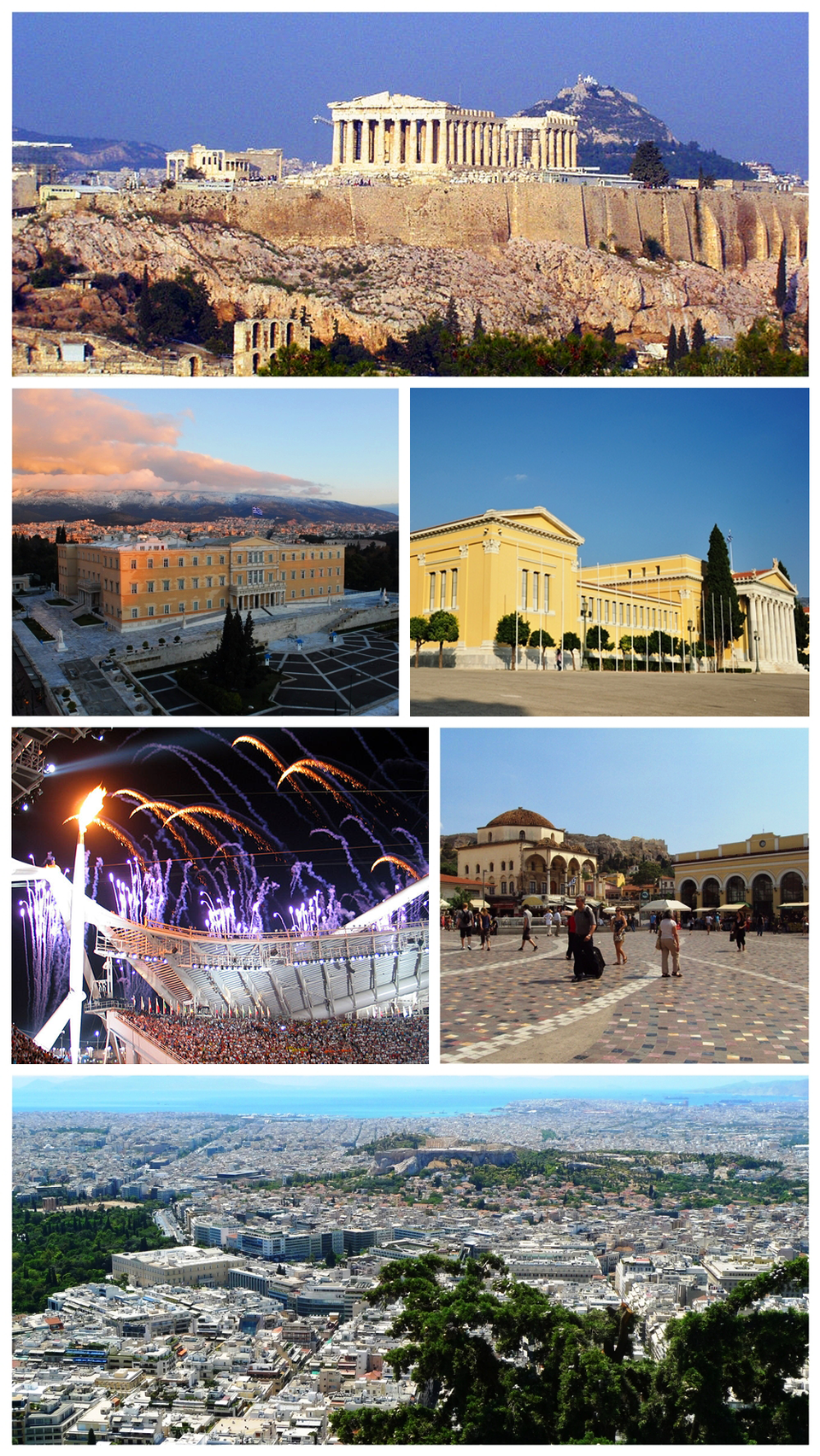

Curated experiences in Αθήνα
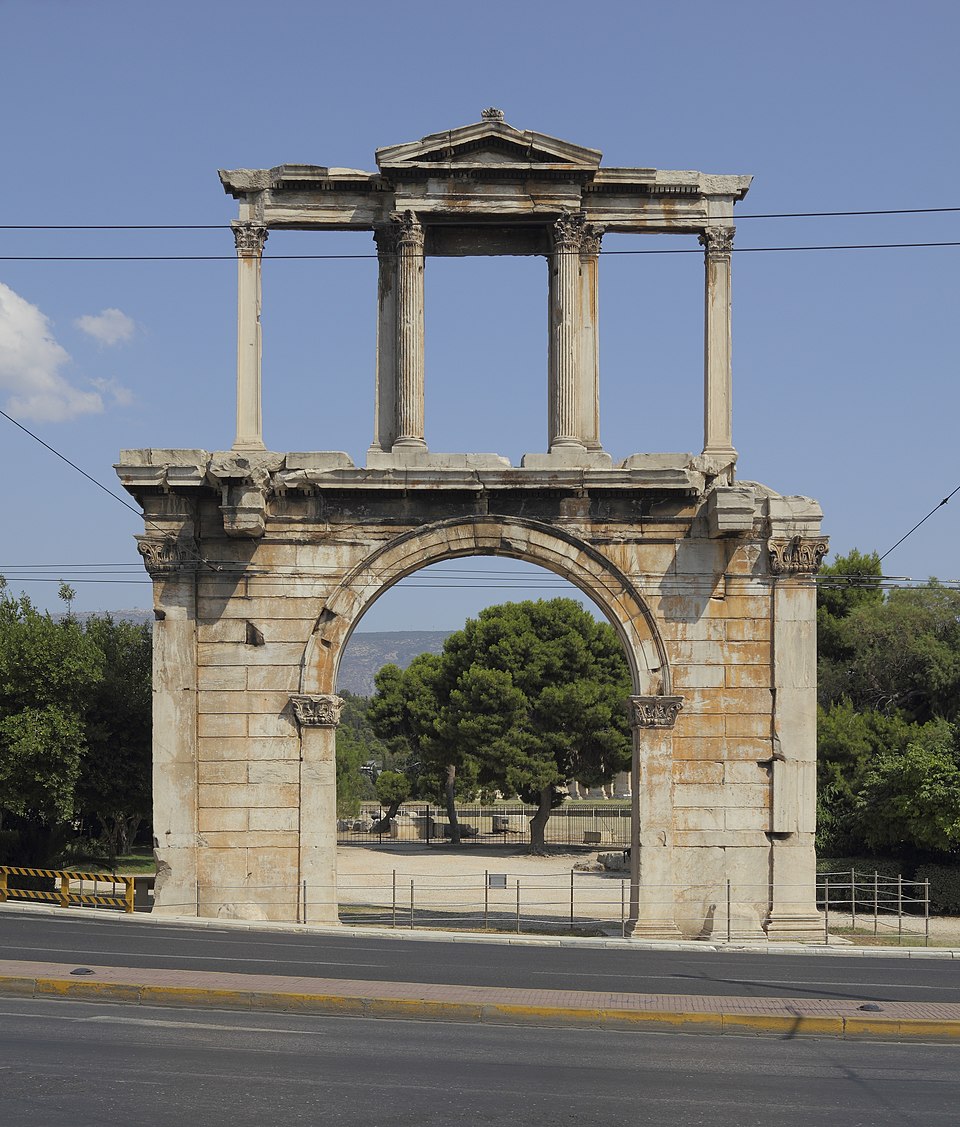
The Arch of Hadrian (Greek: Αψίδα του Αδριανού, romanized: Apsida tou Adrianou), most commonly known in Greek as Hadrian's Gate …
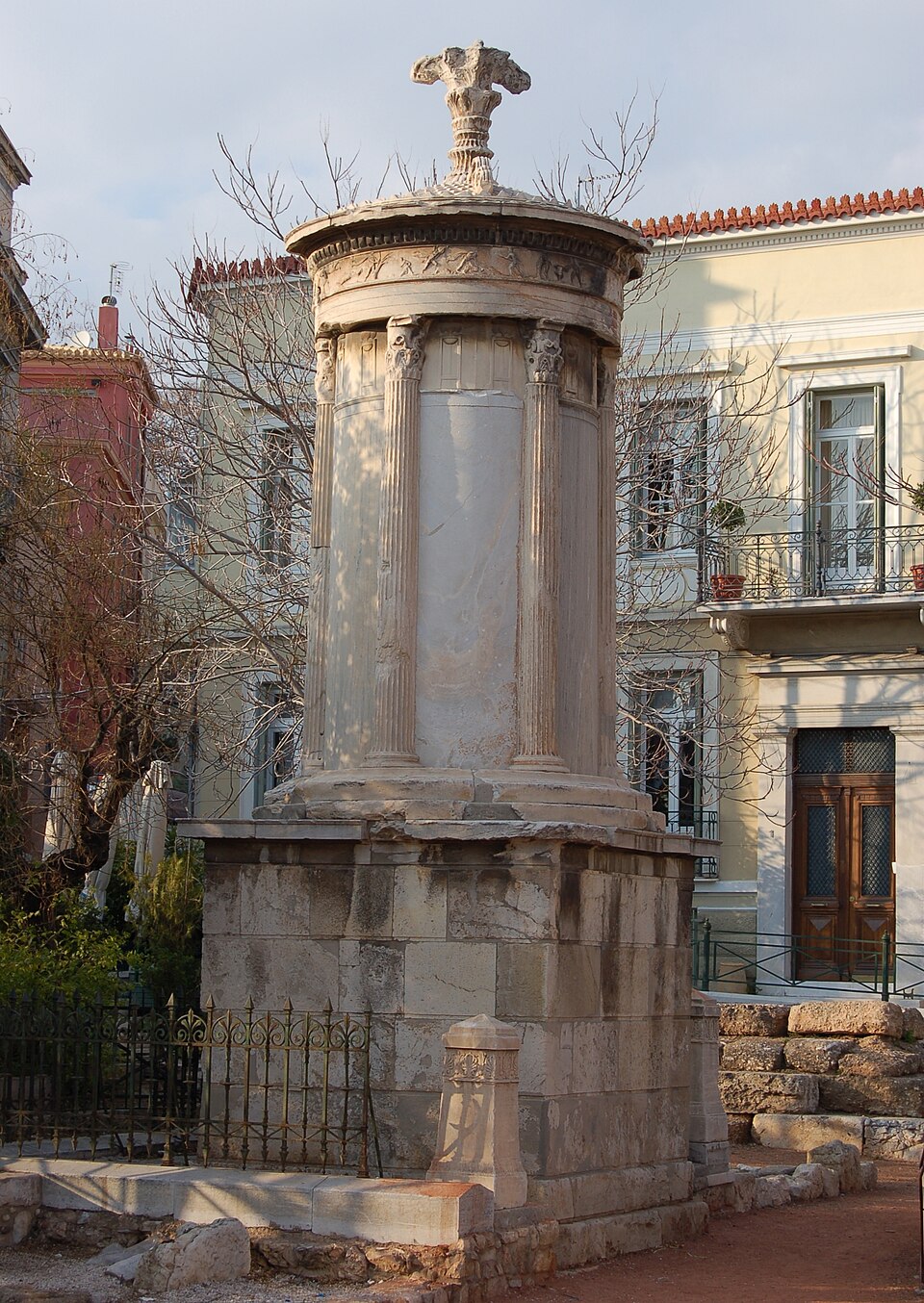
The Choragic Monument of Lysicrates near the Acropolis of Athens was erected by the choregos Lysicrates, a wealthy patron of …
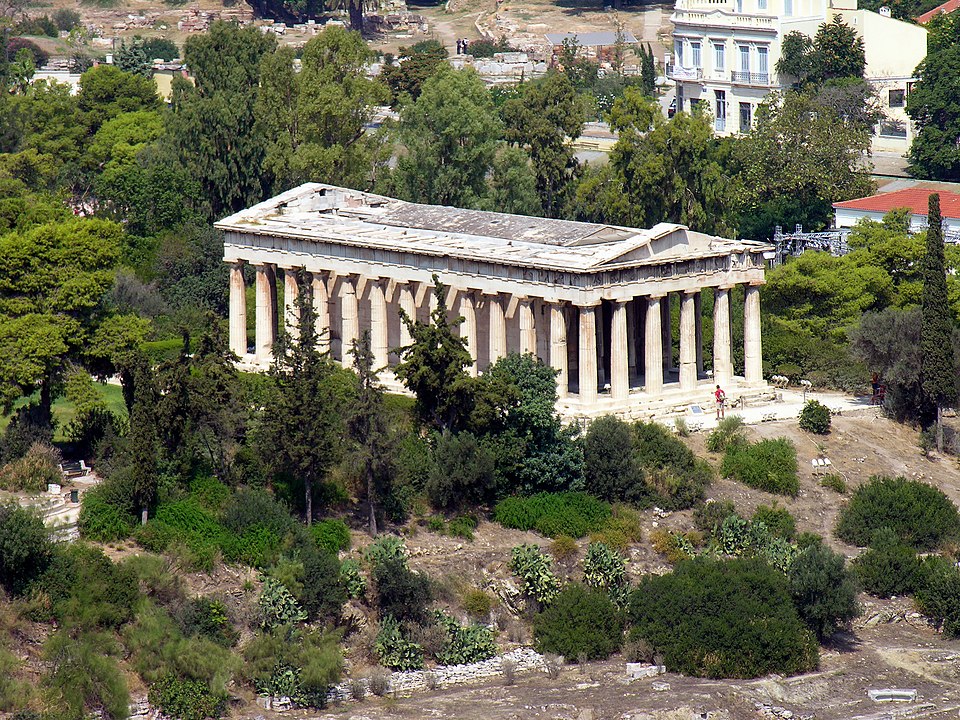
The Temple of Hephaestus or Hephaisteion (also "Hephesteum" or "Hephaesteum"; Ancient Greek: Ἡφαιστεῖον, Greek: Ναός Ηφαίστου, and formerly called in …
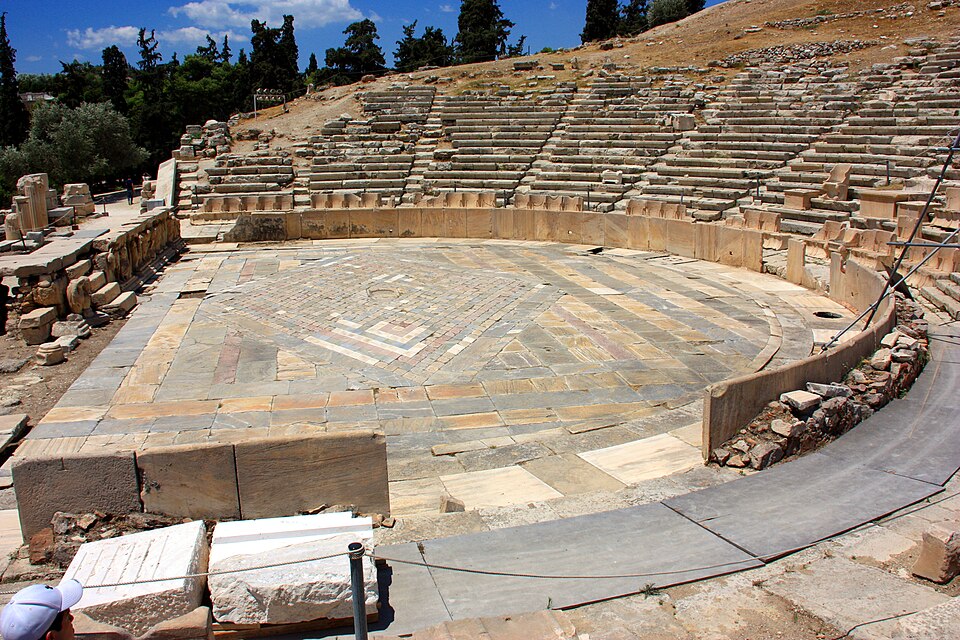
The Theatre of Dionysus (or Theatre of Dionysos, Greek: Θέατρο του Διονύσου) is an ancient Greek theatre in Athens. It …
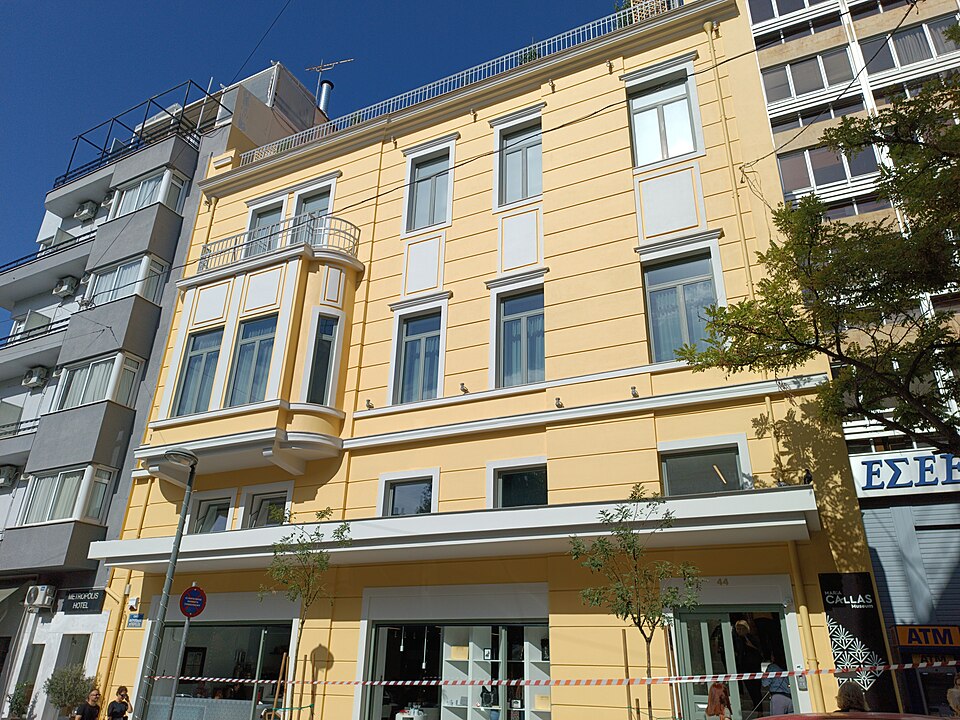
The Maria Callas Museum is a biographical museum dedicated to the renowned Greek soprano Maria Callas. It opened on 26 …
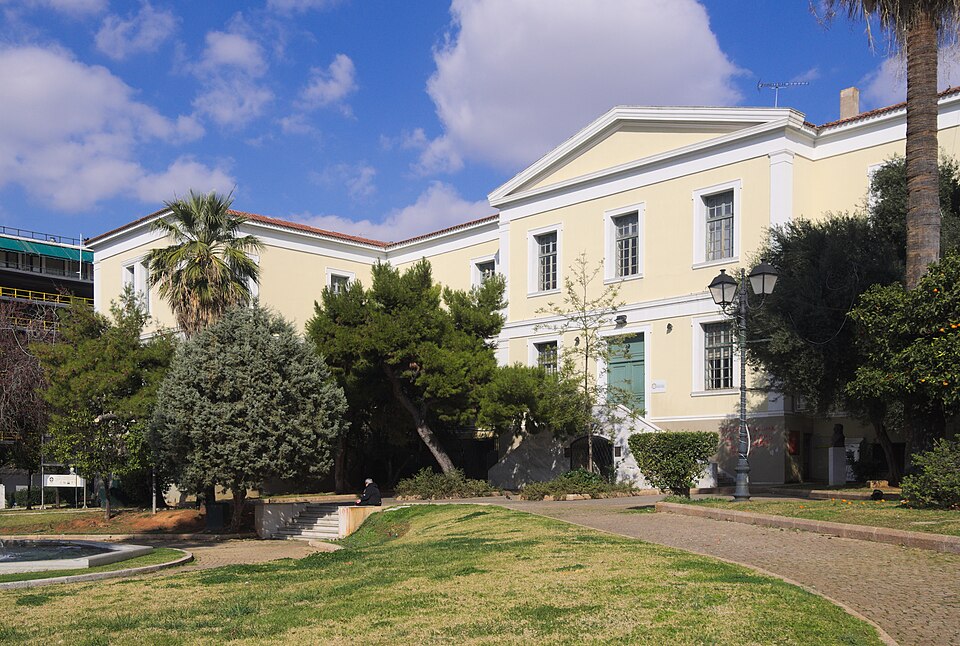
The Museum and Study Centre of the Greek Theatre is a museum in Athens, Greece. It was founded by the …
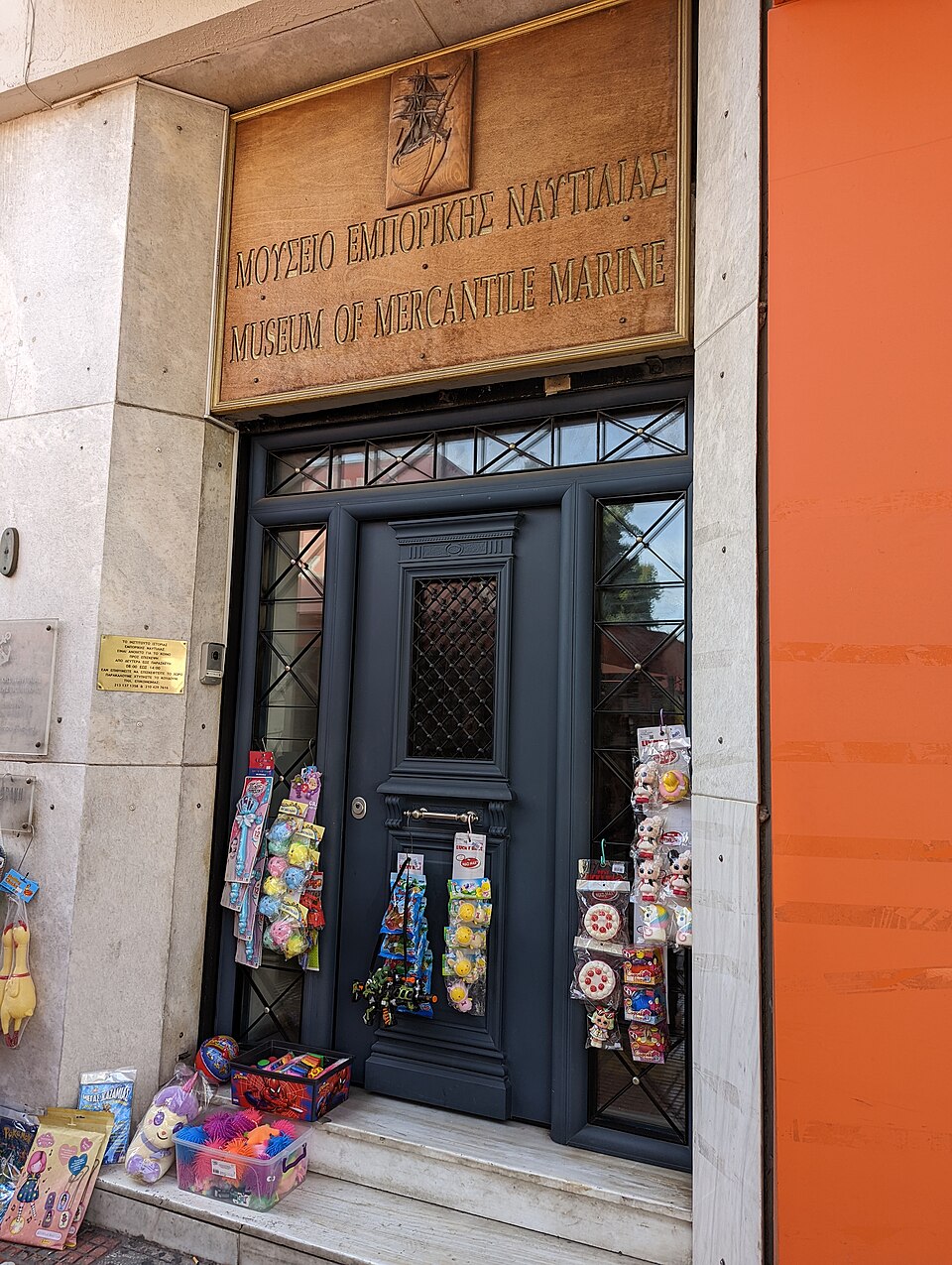
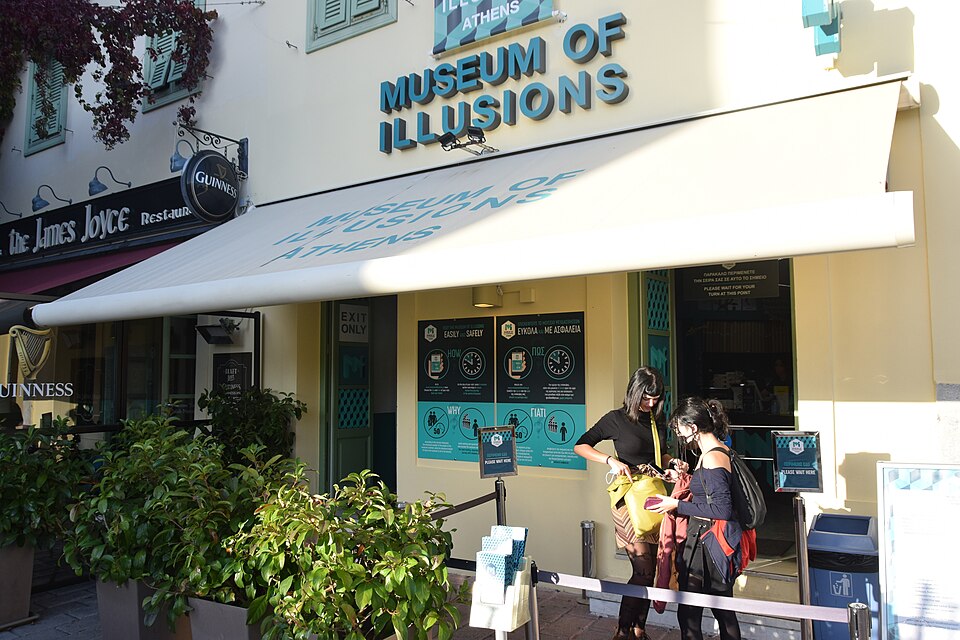
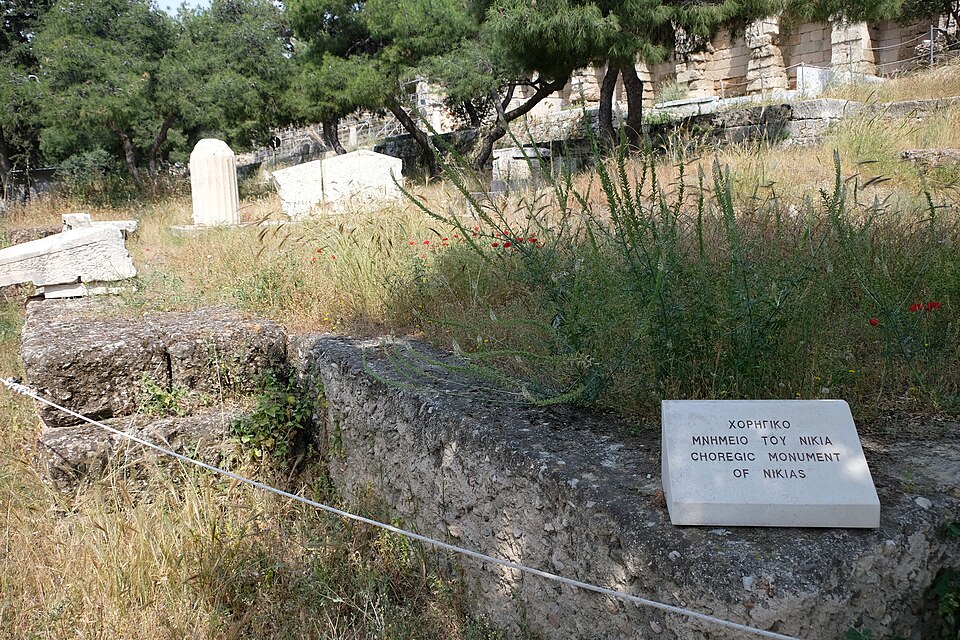
The Choragic Monument of Nikias is a memorial building built on the Acropolis of Athens in 320–319 BCE to commemorate …
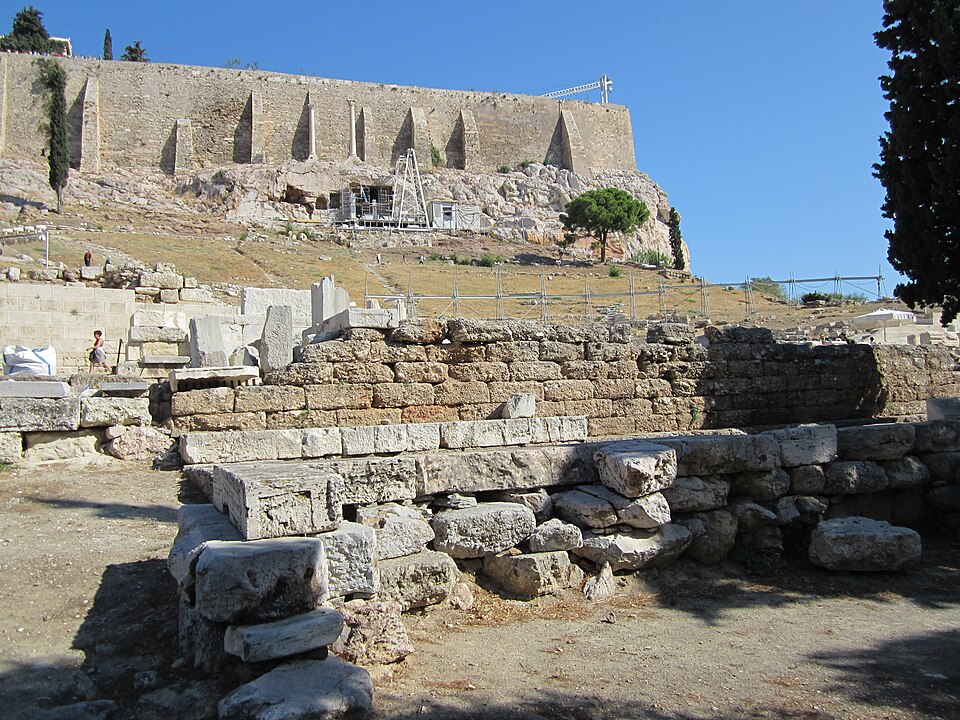
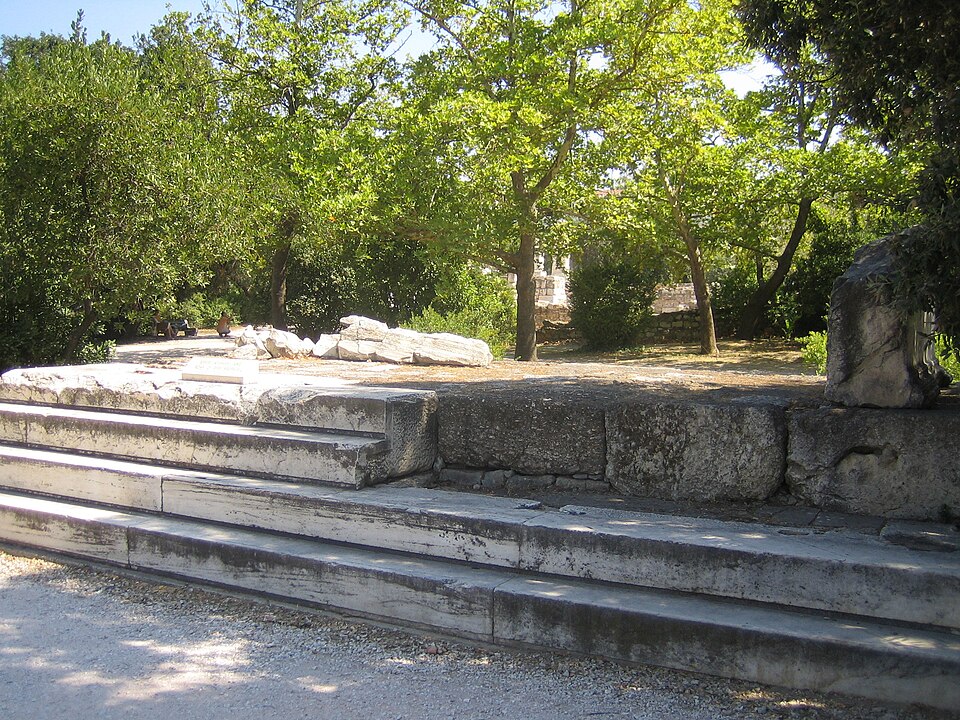
The Altar of Zeus Agoraios (meaning Zeus of the Agora) is an altar dating to the 4th century BC located …
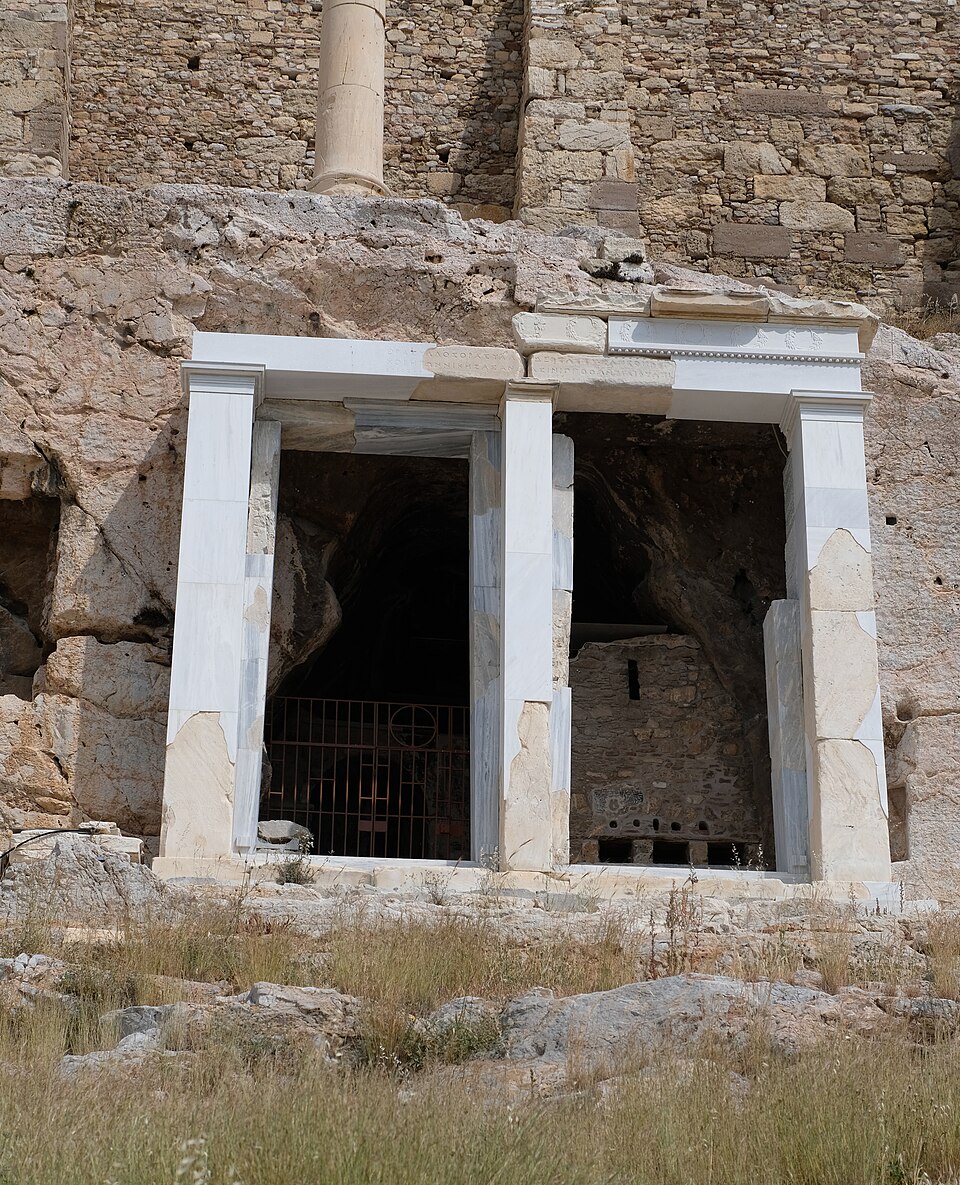
The Choragic Monument of Thrasyllos is a memorial building erected in 320–319 BCE on the artificial scarp of the south …
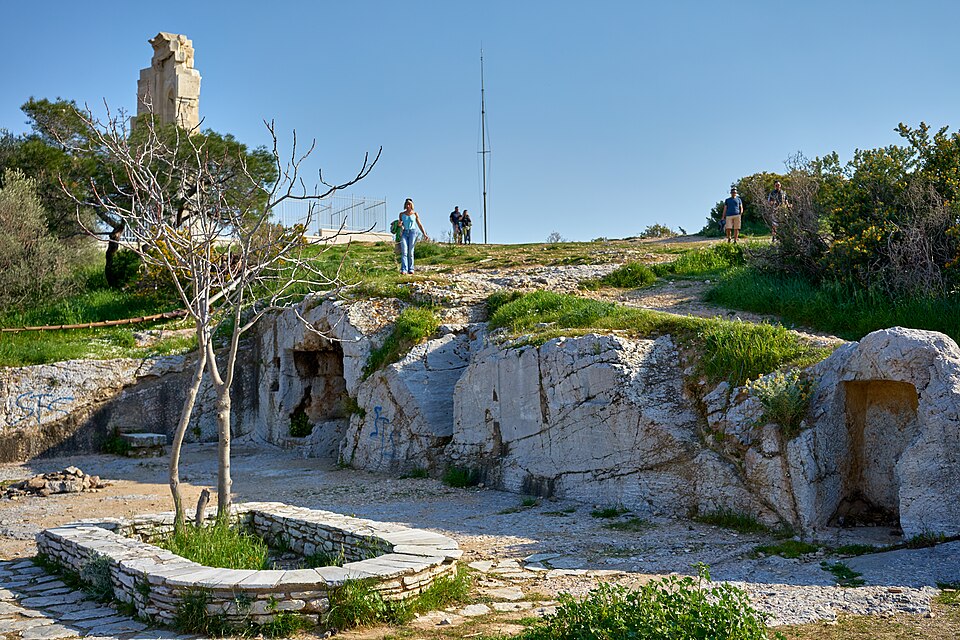
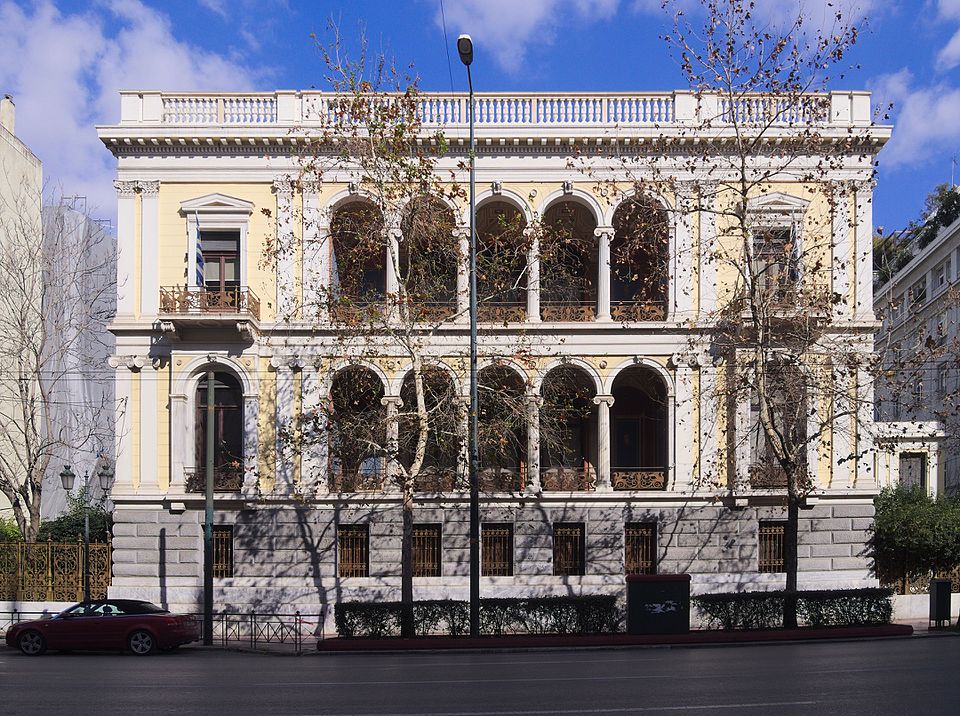
The Numismatic Museum of Athens (Greek: Νομισματικό Μουσείο Αθηνών) is one of the most important museums in Greece and it …
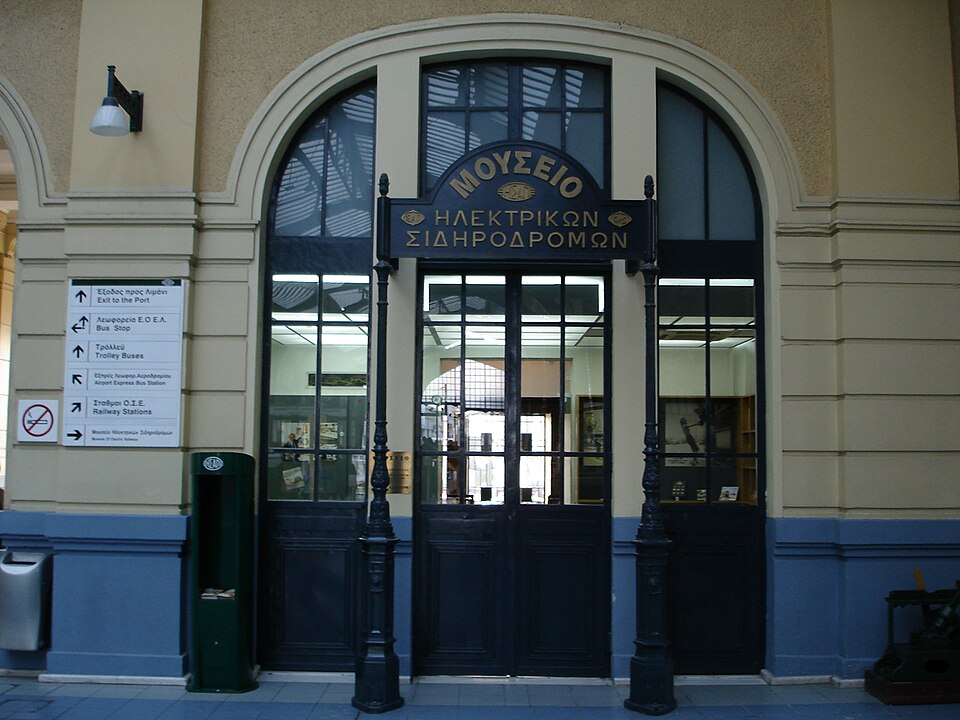
The Electric Railways Museum of Piraeus (Greek: Μουσείο Ηλεκτρικών Σιδηροδρόμων) is a railway museum in Piraeus, Athens, Greece. The museum …
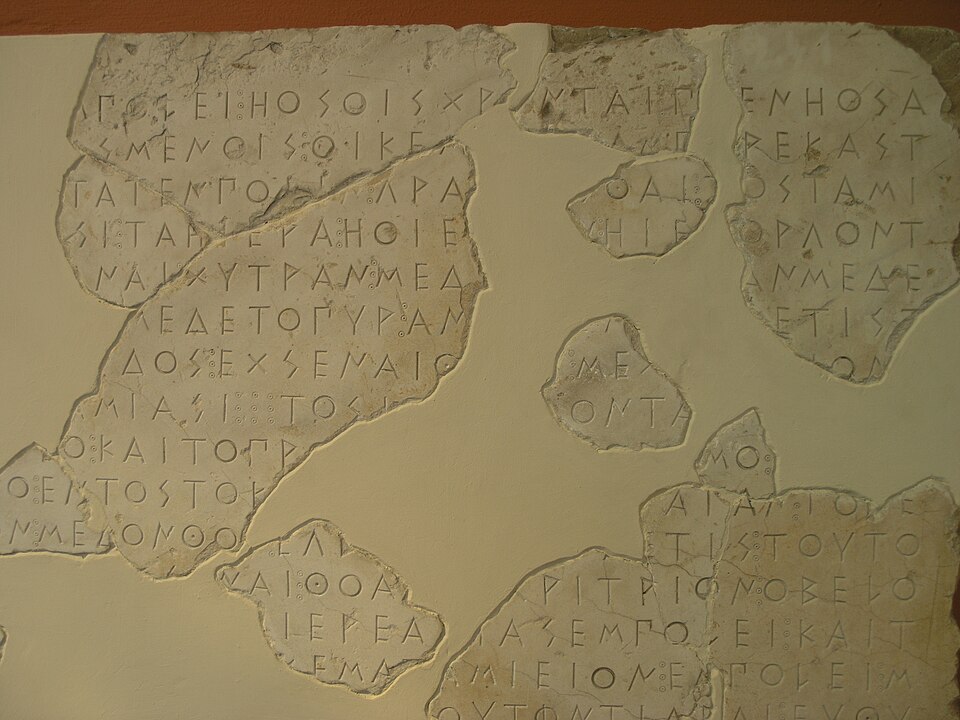
The Epigraphical Museum (Greek: Επιγραφικό Μουσείο) of Athens, Greece, is unique in Greece and the largest of its kind in …
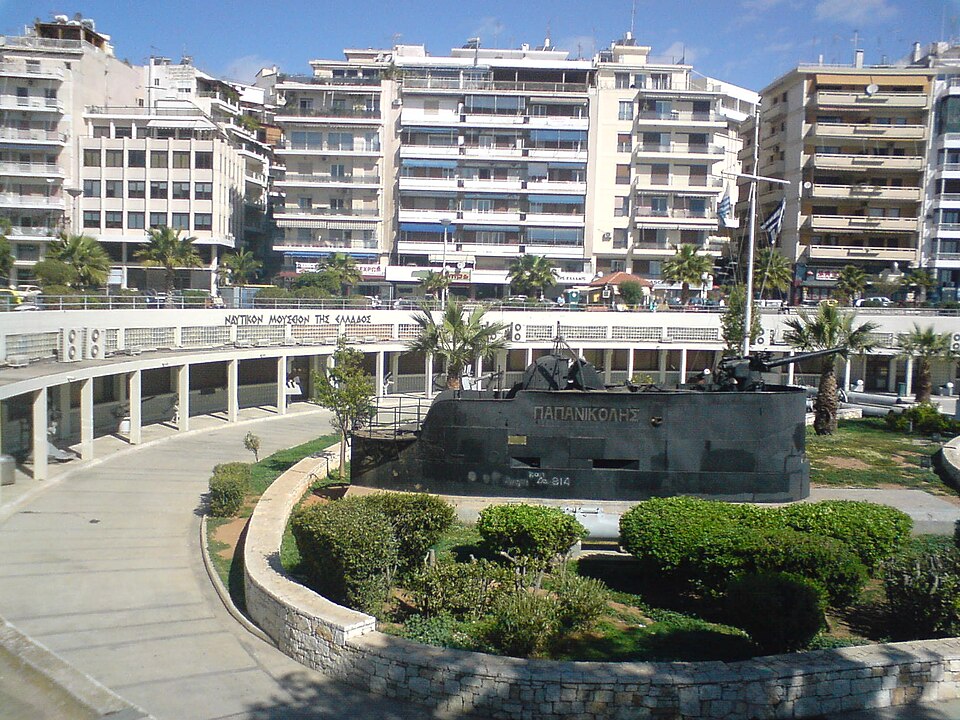
Papanikolis (Greek: Y-2 Παπανικολής) was one of the most successful Greek submarines during the Second World War.
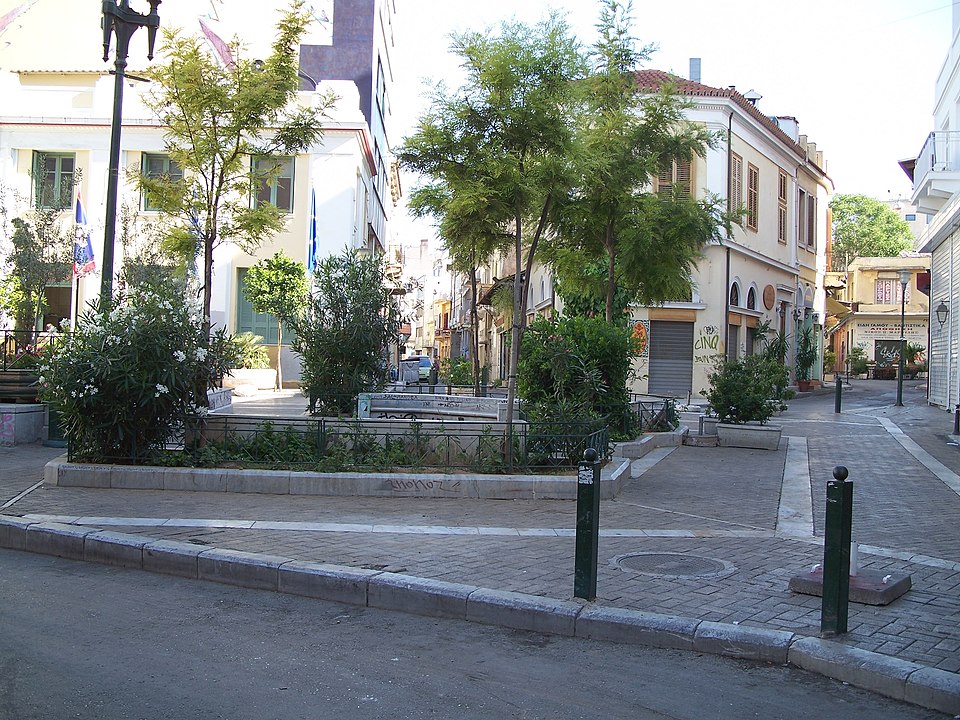
Psyri or Psiri or Psyrri or Psirri (Greek: Ψυρή or Ψυρρή, pronounced [psiˈri]) is a gentrified neighbourhood in Athens, Greece, …
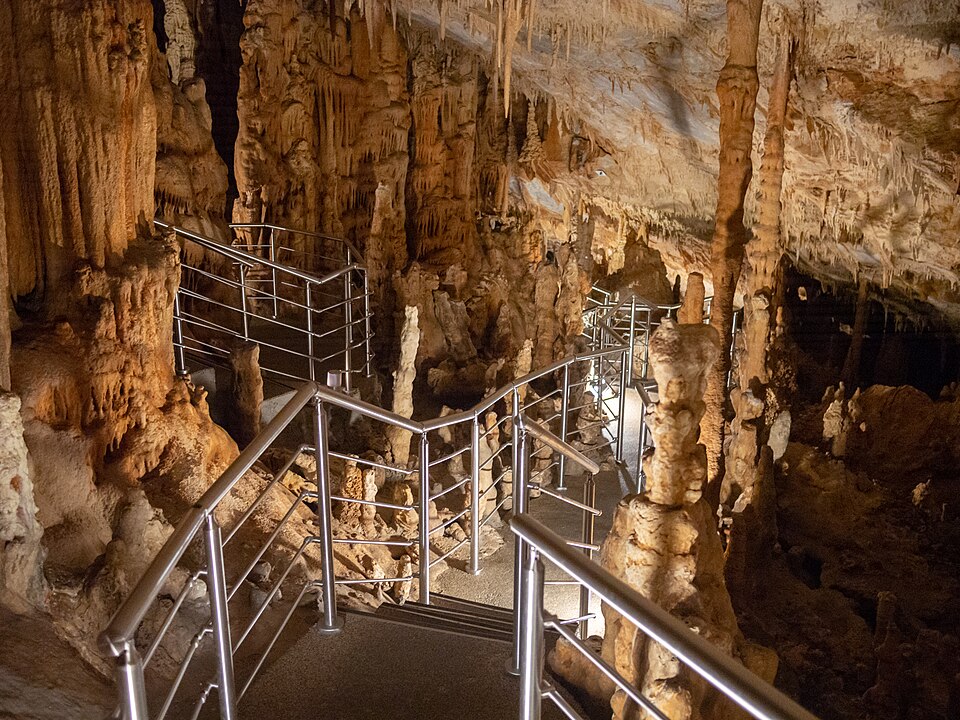
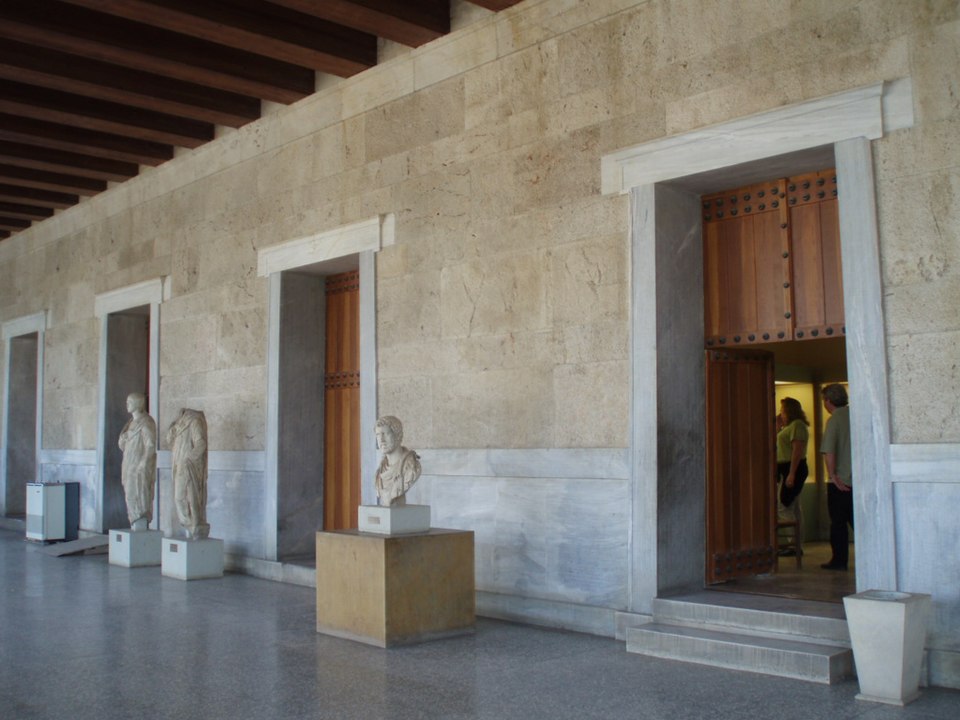
Create a personalized itinerary and unlock the finest experiences Αθήνα has to offer
Plan Your Trip